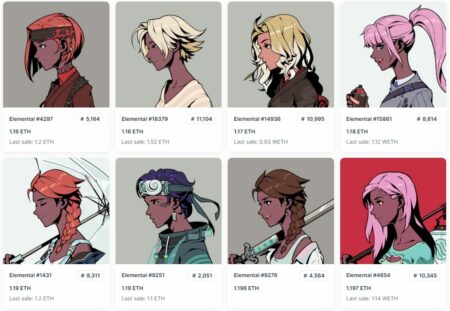Google’s AI division, DeepMind, is harnessing generative AI to create around 21 distinct tools for life advice, planning, and tutoring, as reported by The New York Times. What does this mean for the future of AI? Let’s take a closer look.
TL;DR:
- Google’s AI standard ‘DeepMind’ is creating tools for life advice, planning, and tutoring
- The tools cover various interpersonal scenarios, but are not intended for therapuetic purposes
- This marks a shift towards personalised AI assistance

DeepMind – Google’s dynamic AI standard-bearer – is at the forefront of this tool development. This initiative emerges after Google’s AI safety experts shared concerns about users seeking life advice from AI tools, suggesting potential negative impacts on well-being and agency and the concerns that this type of use could create an addiction and dependence on the technology. However, they are now introducing tools specifically for life advice. Google has partnered with Scale AI, a $7.3 billion startup specialized in AI software training and validation, to test these tools. Over 100 Ph.D.-holding professionals have participated in this project. Together, they assess the tools’ capability to offer relationship guidance and respond to personal inquiries.
The tools cover various scenarios, including handling interpersonal conflicts. For instance, a prompt addresses the challenge of informing a close friend, planning a destination wedding. The prompt asks for advice about inability to attend due to financial constraints. Notably, these tools are not intended for therapeutic purposes, with Google’s publicly available Bard chatbot providing mental health support resources upon therapeutic advice requests.
In conclusion, this marks a shift toward personalized assistance. However, the development’s broader impact on user well-being and agency remains under scrutiny. Finally, DeepMind’s endeavor reflects the ongoing exploration of AI’s potential across various applications.
All investment/financial opinions expressed by NFTevening.com are not recommendations.
This article is educational material.
As always, make your own research prior to making any kind of investment.








